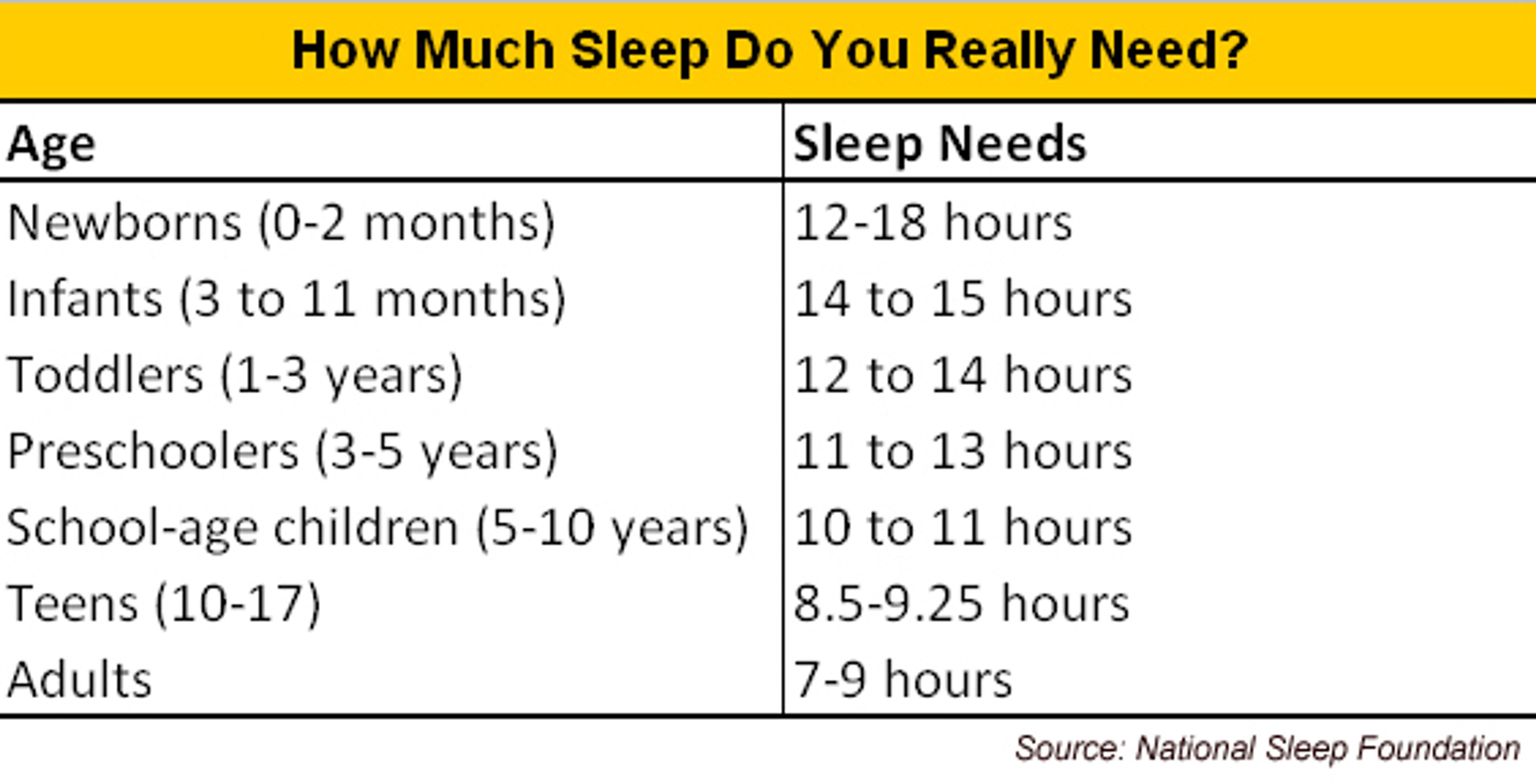#WellnessWeds: Sleep Deprivation Can Bring Wide-Ranging Health Consequences
Sven Gustafson
| 3 min read

Who doesn’t love sleep? Climbing into a soft, warm bed and temporarily letting go of noise and distractions for a night of rest can be one of life’s simple joys. But it turns out that many people don’t get enough shut-eye. And the effects of sleep deprivation stretch well beyond mere irritability to encompass heart disease, weight issues and the immune system.
While sleep needs vary by age and other factors, experts recommend that adults get between seven and nine hours of sleep per night. Yet more than a quarter of Americans say they at least occasionally don’t get enough sleep (hello!), and nearly 10 percent experience chronic insomnia, according to the Centers for Disease Control and Prevention.
In an increasingly busy, technology-obsessed world, just about everyone knows what it’s like to occasionally be shortchanged on sleep. It’s practically unavoidable in modern life (especially when you’re raising an infant). But it turns out that getting adequate sleep is critical to functions including heart health, mental capacity, hormones and even lowered risk of Type 2 diabetes.
Here’s a good primer from the National Sleep Foundation on what happens when you sleep and why it’s important:
To get the most out of our sleep, both quantity and quality are important. Teens need at least 8½ hours—and on average 9¼ hours—a night of uninterrupted sleep to leave their bodies and minds rejuvenated for the next day. If sleep is cut short, the body doesn’t have time to complete all of the phases needed for muscle repair, memory consolidation and release of hormones regulating growth and appetite. Then we wake up less prepared to concentrate, make decisions, or engage fully in school and social activities…
Sleep helps us thrive by contributing to a healthy immune system, and can also balance our appetites by helping to regulate levels of the hormones ghrelin and leptin, which play a role in our feelings of hunger and fullness. So when we’re sleep deprived, we may feel the need to eat more, which can lead to weight gain.
There was a time during my college years when I subsisted on anywhere from two to four hours of sleep each night and leaned heavily on caffeine (mostly industrial-strength coffee) to keep me functioning. But as I’ve gotten older, I realize I could never get away with that lifestyle anymore. Sleep deprivation nowadays turns me into a mental zombie.

A recent research study predicted that both better sleep and natural sources of popular energy drinks like Red Bull would be among the top five health trends for 2012. That suggests that while people are starting to appreciate the health benefits associated with sleep, they still aren’t getting enough of it.
So how to ensure you get your Zs? Here are the CDC’s tips for getting a good night’s rest:
- Consistency — go to bed at the same time each night and wake up at the same time each morning. (Editor’s note: This gets much easier if you have young children, believe me)
- Make sure your bedroom is a quiet, dark and relaxing space, not too hot and not too cold
- Make sure your bed is comfortable and used only for sleep — not hanging out, watching television, reading, surfing the Web or eating
- Physical activity may help promote good sleep, but not when it’s done within a few hours of bedtime
- Avoid eating large meals right before going to bed
I can definitely vouch for the connection between exercise and a good night’s rest, but I’ve often gone to bed an hour or so after a workout with no ill effect. And in my experience, the act of reading in bed is a fail-proof precursor to heavy eyelids. But it may be different for others.
What about you? How do you guarantee a peaceful night’s sleep and avoid sleep deprivation?
Photo by 7-how-7





